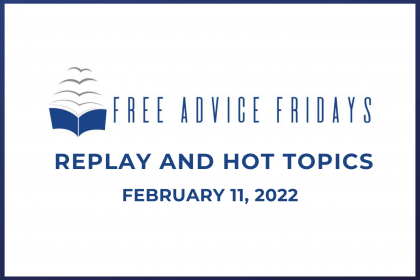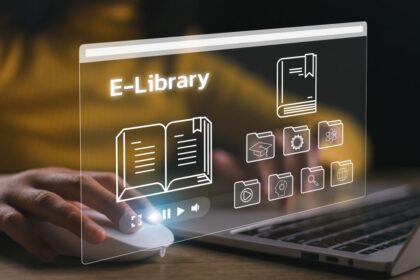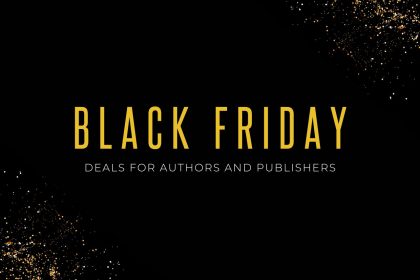If you missed Free Advice Friday last week, you can watch the replay on our YouTube channel, youtube.com/NewShelvesBooks.
February 18, 2022 Free Advice Friday Hot Topics
Is there a limit on how many reviews we can have on Amazon? No, there is no limit. You can have as many reviews as you can get, which has gotten easier since Amazon added the option to just give a star rating without requiring a full written review.
You can listen at 3:30 in the video to hear Keri talk about the pros and cons of Kindle Unlimited and how author payouts work through the program.
How do authors get paid with Kindle Unlimited? Authors are paid per page read. The amount changes each month, depending on the Kindle Unlimited subscription pool and how many pages were read overall. However, the average is $0.004 per page. It’s not a lot, which is why authors in the Kindle Unlimited program rely on and hope for large quantities of pages being read.
Listen at 10:54 to hear Keri’s take on pricing strategies. You have to look at what is working in the market. Decide what is selling and what isn’t. Look at both big publishing houses and indie published titles and find where your book fits in.
Pricing strategy tip: Don’t underprice! If you price you book too low, you may develop a low perceived value. People may look at your book with an abnormally low price and decide it must not be that good.
Is it good for authors that Draft2Digital is purchasing Smashwords? Smashwords was one of the first eBook distributors accessible to indie authors which was a huge step forward, but the site hasn’t updated as fast as technology. The result was a site that is kind of clunky. Draft2Digital on the other hand is new, easy to use and streamlined. Combining the two should be a great thing for authors.
The advantage: Authors get a wider set of distribution for eBooks which is amazing. Your eBooks will eventually end up in the Smashwords store. Eventually, the Draft2Digital print book option will in turn be available to Smashwords customers. Click HERE to learn more.
Have you been told by a bookstore that your book is non-replenishable? Check out the replay at 22:18 to learn what exactly that means. Non-replenishable means that the store, Barnes & Noble for example, flags the book, so they know once the book sells out, not to reorder it. You may be able to get this overturned, but you would need to speak with a head buyer directly. It’s also important to find out why the book was listed as non-replenishable. Did it sit on the shelves too long? Issues with quality? Once you find out, work to fix the issue.
Do you think authors get paid too little? Listen starting at 25:22 in the replay to learn how the profits of book sale are divvied up.
Is it a good idea to set you eBook and print book at the same price? Not typically. This strategy is sometimes used for non-fiction books published by university presses. These presses tend to work with colleges who include titles in course work, meaning students HAVE to buy the book. The university presses want to make maximum profit and can get away with charging the same price for every format – a classic case of supply and demand.
If you have questions you’d like answered, join us next week, Friday, February 25th at 10am EST to get your questions answered LIVE or e-mail your questions in advance to info@newshelves.com with “FREE ADVICE FRIDAYS” in the subject line.








